Microsoft activa el guardado en OneDrive por defecto para Word. Te explicamos las implicaciones de privacidad y cómo puedes desactivarlo.



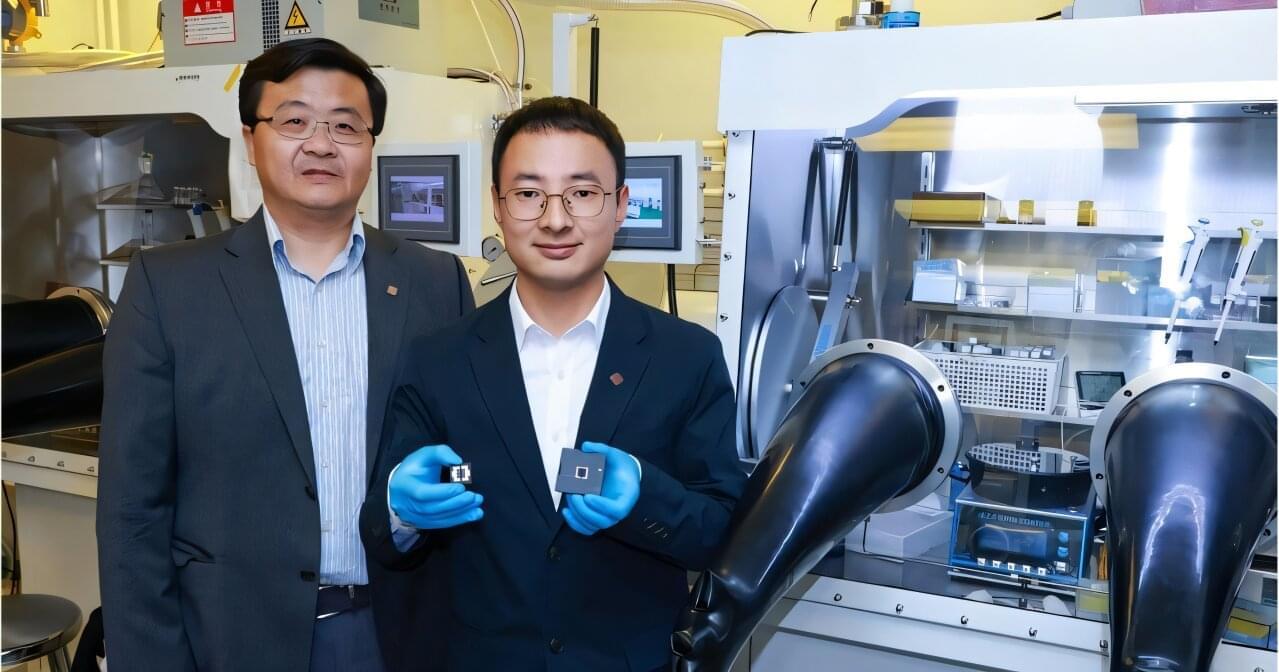
Third-generation solar cell technology is advancing rapidly. An engineering research team at The Hong Kong Polytechnic University (PolyU) has achieved a breakthrough in the field of perovskite/silicon tandem solar cells (TSCs), focusing on addressing challenges that include improving efficiency, stability and scalability.
The team has conducted a comprehensive analysis of TSC performance and provided strategic recommendations, which aim to raise the energy conversion efficiency of this new type of solar cell from the current maximum of approximately 34% to about 40%.
The team hopes to accelerate the commercialization of perovskite/silicon TSCs through industry-academia-research collaboration, while aligning with the nation’s strategic plan of carbon peaking and neutrality and promoting the development of innovative technologies such as artificial intelligence through renewable energy.

The way clusters of differently sized water droplet populations are distributed within clouds affects larger-scale cloud properties, such as how light is scattered and how quickly precipitation forms. Studying and simulating cloud droplet microphysical structure is difficult. But recent field observations have provided crucial, centimeter-scale data on cloud droplet size distributions in stratocumulus clouds, giving researchers an opportunity to better match their models to reality.
The simulations of characteristic droplet size distributions that those models are providing are likely too uniform, say Nithin Allwayin and colleagues. This muddled microphysical structure could be leading cloud simulations, and the climate models that use them, astray. Their paper is published in the journal Geophysical Research Letters.
The authors compare the new observed data on cloud microphysical structure with results from large-eddy simulations (LES) of stratocumulus clouds. At convective scales, the model showed intriguing correlations between droplet cluster characteristics and overall cloud physics. For example, regions of the clouds dominated by drizzle tended to have larger drops but not necessarily more total water content, and the updraft regions of clouds tended to have smaller drops and a narrower distribution of droplet size.
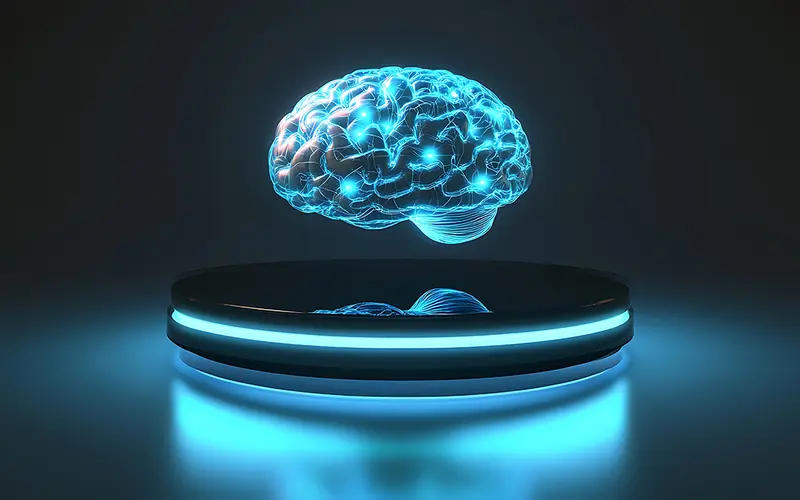
Whole-brain emulation (often called “mind uploading” in science fiction) refers to the possible future ability to scan a human brain in such detail that a digital replica could be created, capable of functioning, and perhaps even experiencing the world, like the original. While we are far away from this now (the current record is a fruit fly) an increasing number of neuroscientists and entrepreneurs are betting that we may be closer than most think. What is happening in the world of computational neuroscience, and will the world be ready for it?


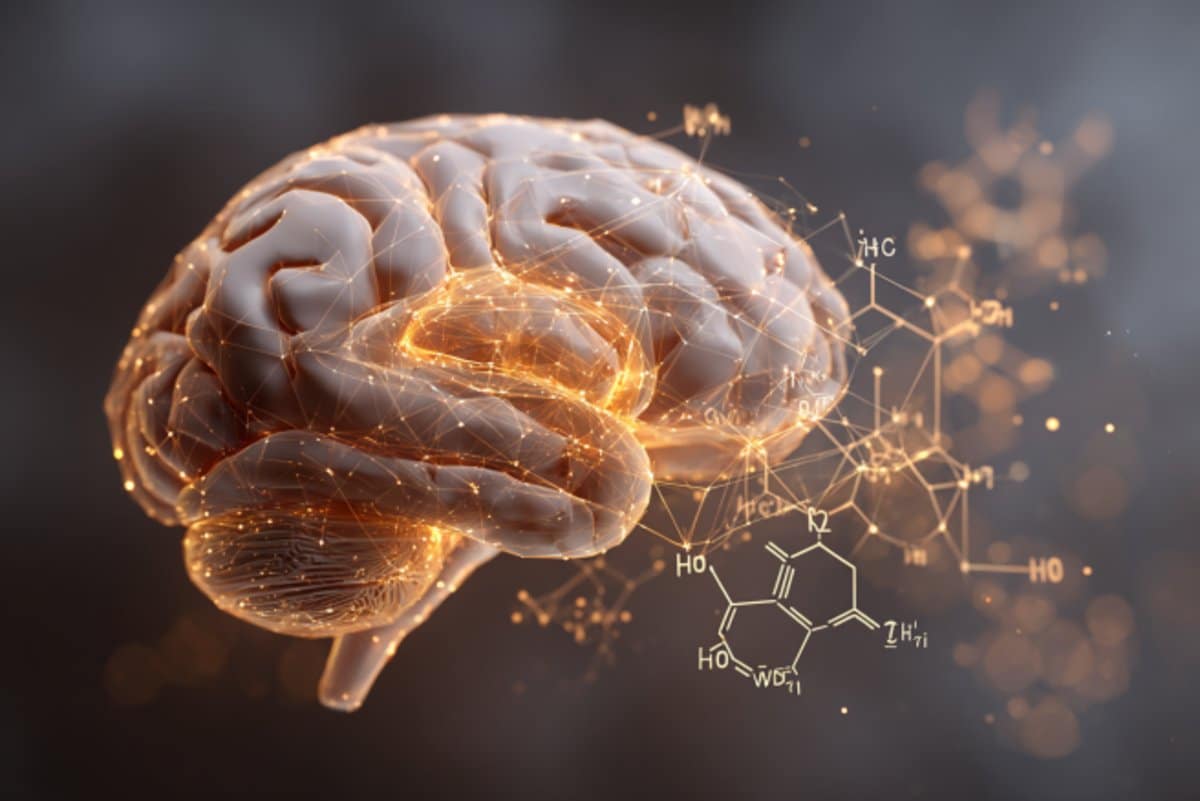
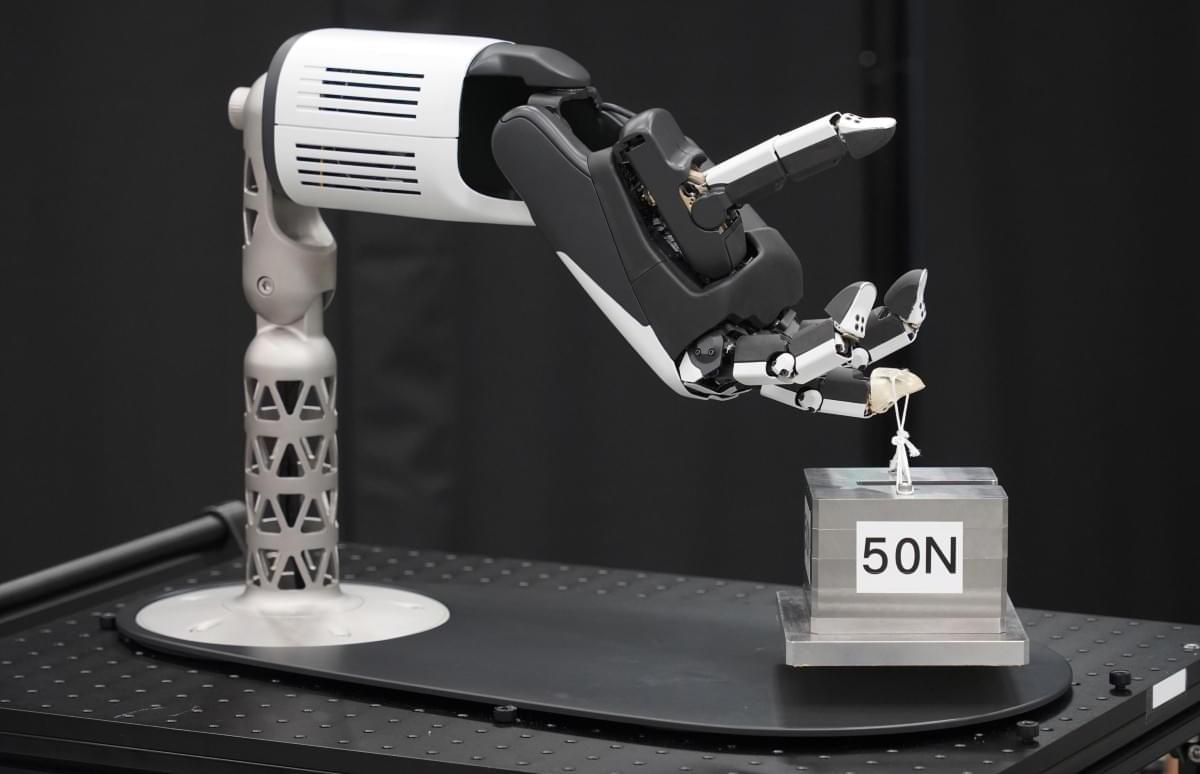
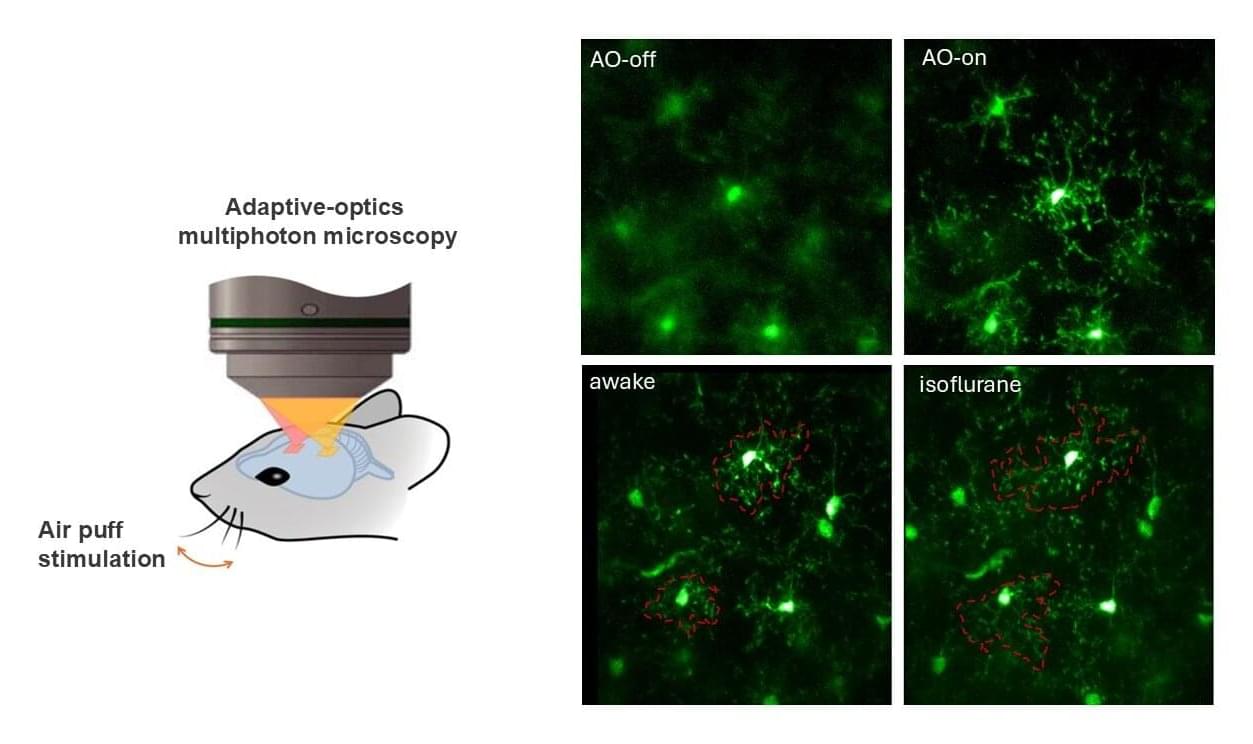
A research team from the School of Engineering at The Hong Kong University of Science and Technology (HKUST) has achieved a breakthrough in brain imaging by developing the world’s first technology to capture high-resolution images of the brains of awake experimental mice in a nearly noninvasive manner.
By eliminating the need for anesthesia, this innovation enables scientists to study brain tissue in its fully functional state. The advancement promises deeper insights into human brain function in both healthy and diseased conditions, opening new frontiers in neuroscience research.
The study was recently published in Nature Communications in a paper titled “Rapid adaptive optics enabling near-noninvasive high-resolution brain imaging in awake behaving mice.”